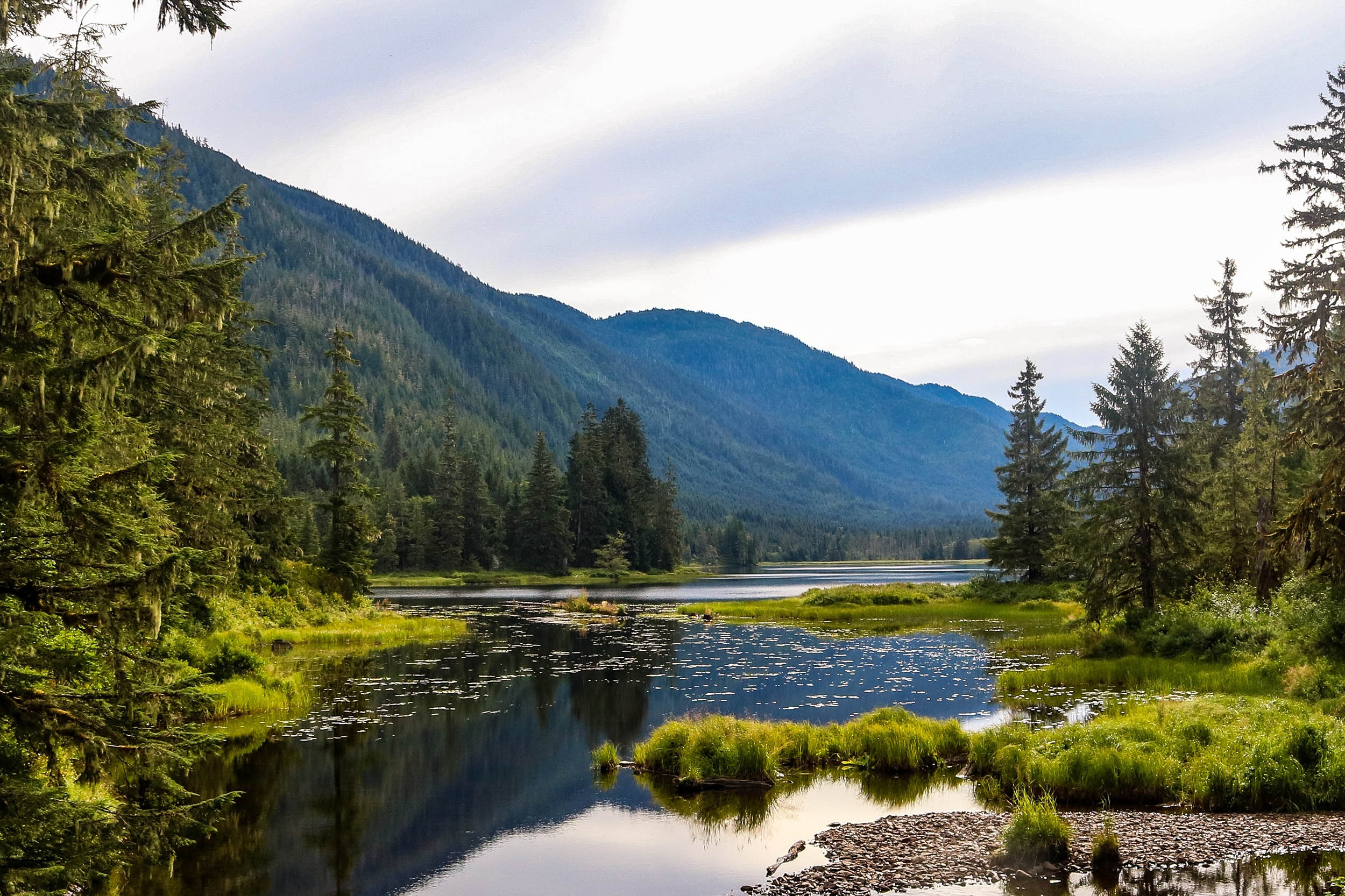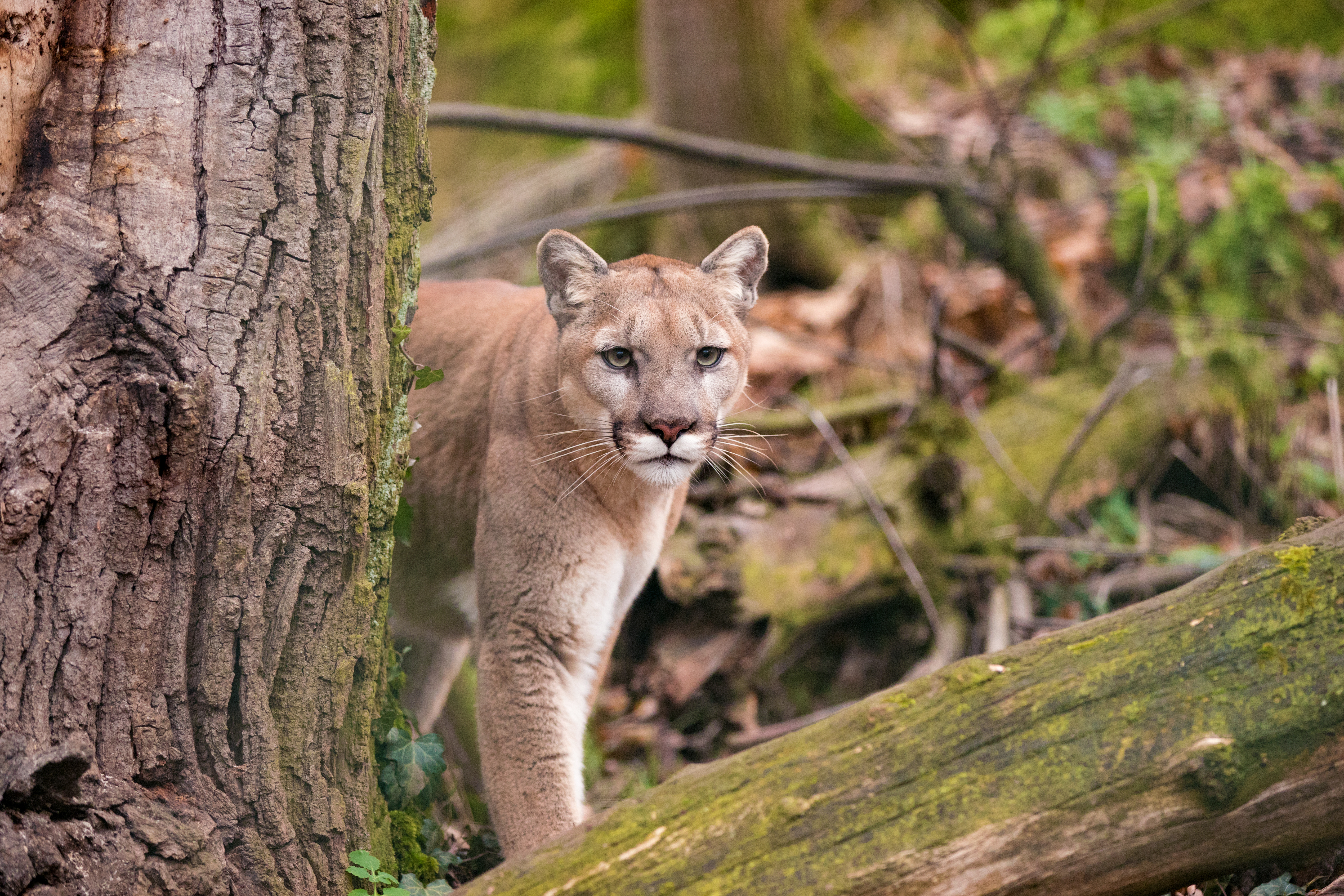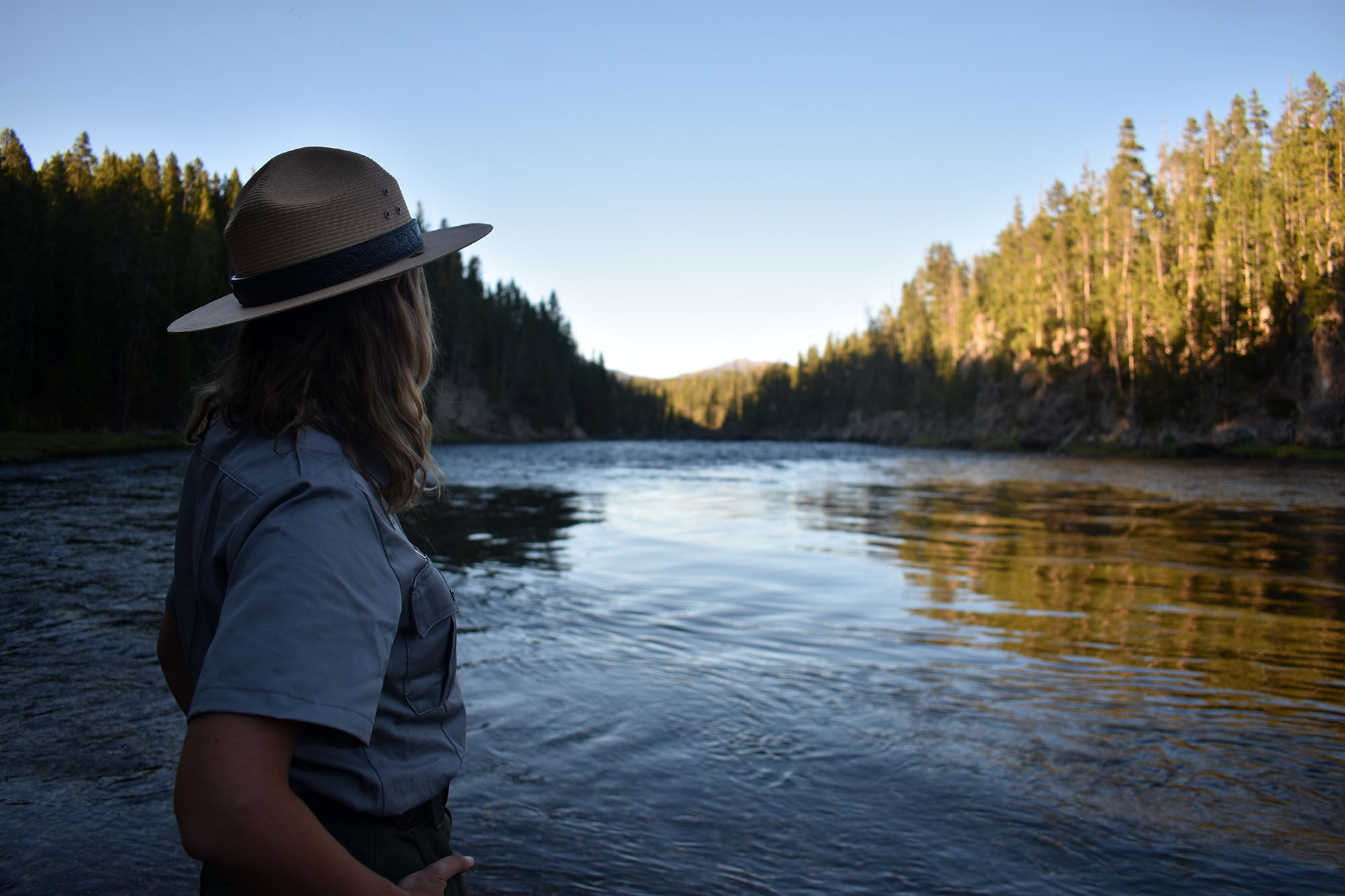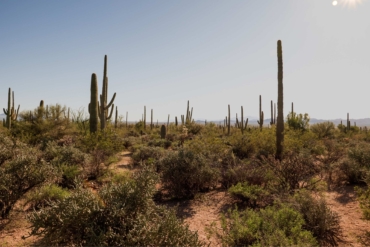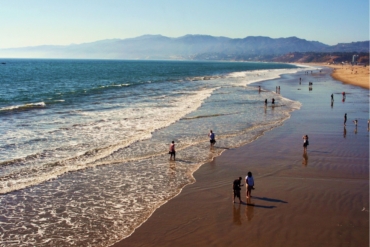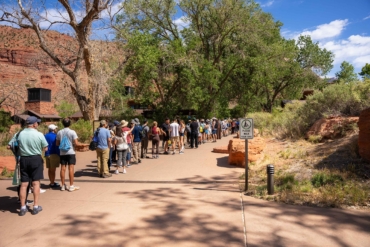The U.S. Department of Agriculture (USDA) Wednesday finalized a rule once again banning roads and logging from 9.7 million acres of Alaska’s Tongass National Forest. The ruling is the latest move in a decades-long partisan battle over the usage of the coastal temperate rainforest — the largest intact forest of its kind.
“The Tongass National Forest is key to conserving biodiversity and addressing the climate crisis,” said Agriculture Secretary Tom Vilsack in a statement. “Restoring roadless protections listens to the voices of Tribal Nations and the people of Southeast Alaska while recognizing the importance of fishing and tourism to the region’s economy.”
The Tongass lies within the traditional homelands of the Tlingit, Haida, and Tsimshian peoples, and creates substantial habitat for key Alaska species ranging from salmon to bears. As America’s largest national forest — 16.7 million acres — it’s a significant carbon sink.
Conservation, hunting, and fishing groups praised the ruling, which will go into effect on Friday, Jan. 27, once it’s written in the Federal Register.
“Alaska hunters, anglers, Tribal Nations, outdoor recreationists, business owners, and community members have collectively stepped up to support conserving the Tongass’ unique backcountry roadless areas,” John Gale, vice president of policy and government relations at Backcountry Hunters & Anglers, said in a press release. “These public lands and waters comprise invaluable fish and wildlife habitat and play an important role in the economies of communities across southeast Alaska.”
“The Tongass National forest is one of the world’s largest salmon spawning areas and its importance cannot be understated. Many Alaskans rely on the hunting and fishing opportunities it provides in order to continue their subsistence way of life.” (1/2) pic.twitter.com/cwcOXFd4Cf
— Backcountry Hunters (@Backcountry_H_A) January 25, 2023
A Contentious History
The use of the Tongass National Forest has been under debate for decades, specifically since 2001 when the Clinton administration added 9.7 million acres of the forest to its Roadless Area Conservation Policy directive. The initiative prohibited or ended mineral leasing, road building, and logging in 58 million acres of undeveloped national forest land.
But the incoming Bush administration delayed the rule from taking effect, prompting conservation groups to sue in federal court. In a surprise reversal, the administration eventually implemented the rule. States, business interests, and conservation groups have been challenging and debating the rule as it pertains to various national forests ever since.
Most recently, the USDA, under the Trump administration, exempted the Tongass National Forest from the “roadless rule,” under heavy pressure from business interests and Alaskan politicians — this occurred despite a Forest Service report noting 96 percent of public feedback supported keeping the rule in place. When the Biden administration took over, it directed the USDA to once again review the rule.
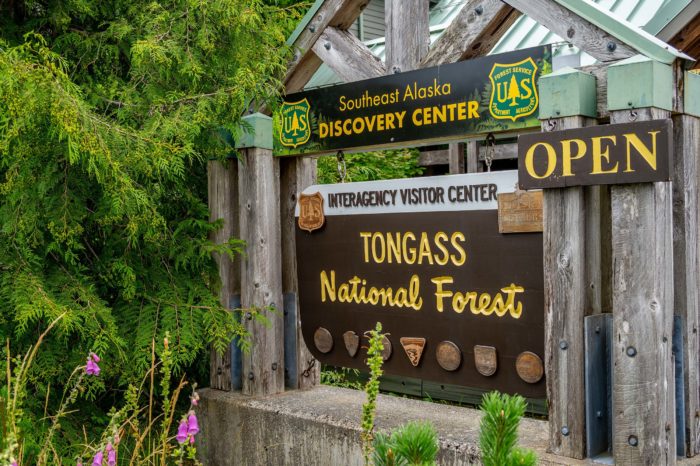
A recent public comment period from November 2021 to January 2022 generated about 112,000 comment documents. According to the USDA, the majority of those were in favor of restoring roadless protections.
“Today’s announcement reflects our continued focus on listening to Tribal Nations and people in Southeast Alaska,” said Dr. Homer Wilkes, USDA undersecretary for natural resources and environment. “Protecting the Tongass will support watershed protection, climate benefits, and ecosystem health and protect areas important for jobs and community well-being — and it is directly responsive to input from Tribal Nations.”
Split Opinion
The Alaska Beacon reported that Alaskan state- and federal-level politicians oppose the new ruling.
“Disappointed in the @POTUS latest suppression of AK economic opportunity. From tourism to timber, Alaska’s great Tongass National Forest holds much opportunity for Alaskans but the federal government wishes to see Alaskans suffer at the lack of jobs and prosperity,” Alaska Governor Mike Dunleavy wrote on Twitter.
Disappointed in the @POTUS latest suppression of AK economic opportunity. From tourism to timber, Alaska’s great Tongass National Forest holds much opportunity for Alaskans but the federal government wishes to see Alaskans suffer at the lack of jobs and prosperity. #akgov #alaska
— Governor Mike Dunleavy (@GovDunleavy) June 11, 2021
Robert Venables, executive director of Southeast Conference, an Alaska regional economic development organization, had a different take, observing to the Beacon that the Tongass National Forest hasn’t been a significant economic factor in the region in quite some time.
“There really hasn’t been any operational change in years and years and years,” he told the paper. “It’s a non-consequential event when [sic] the reality of forest management is concerned.”
